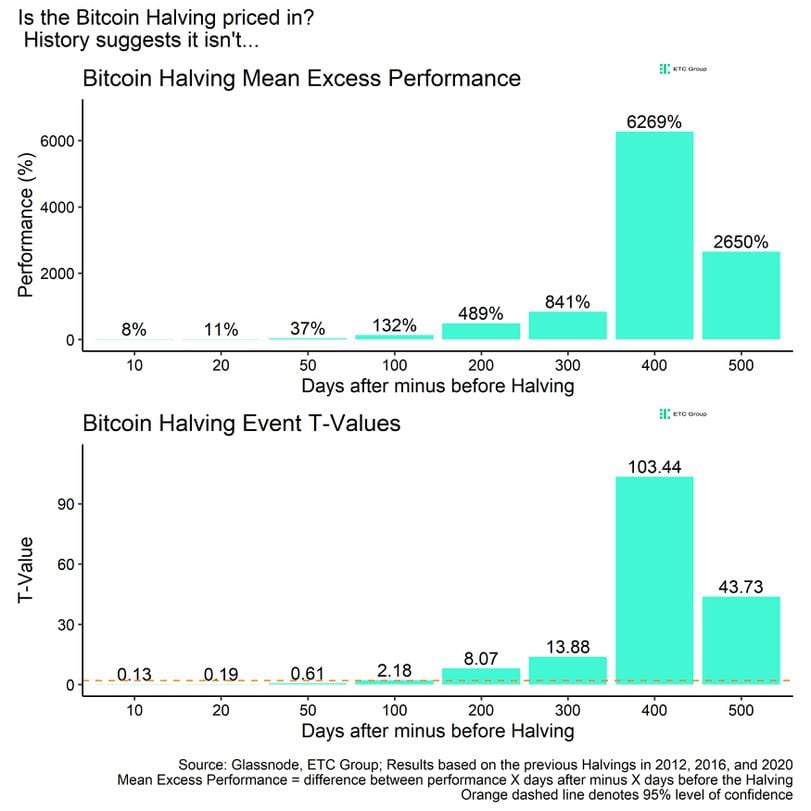(Bloomberg) -- It’s been a tough year for investors in European aviation, with Boeing Co.’s production woes, engine problems grounding aircraft and the still-sluggish corporate-travel market weighing on the sector.
Carriers including Air France-KLM, Deutsche Lufthansa AG and Wizz Air Holdings Plc have failed to replicate the post-pandemic gains of 2023 — but one airline group has bucked the trend.
British Airways’ parent IAG SA almost doubled in value this year, making it the second-best performer on the Bloomberg World Airlines Index, and the only European carrier among the Top 10 gainers. Lufthansa, the biggest airline group in the region, is last on that list, with a 24% decline.
There are several reasons for IAG’s standout year. Its core transatlantic market boomed, bolstered by the introduction of extra-long-range Airbus SE narrow-body jets which has expand the group’s US reach from Europe. Shareholders benefited from a dividend reinstatement, and the company repaid all of its pandemic-era debt.
And to set its customer experience apart from competitors, British Airways recently unveiled a brand-new first class cabin that will debut on the Airbus A380 double decker in 2026 and will compete against Lufthansa’s long-delayed Allegris product.
“We are generating a lot of cash, we are investing in the business, we are bringing in new aircraft, we are rewarding the shareholders,” IAG Chief Executive Officer Luis Gallego said in an interview. “The combination of all that makes the stock of IAG a stock that they are interested in.”
Analysts would appear to be on the same page. After an upgrade from Goodbody on Friday, IAG has 27 buy recommendations, with only five holds and one sell, according to data compiled by Bloomberg. Goodbody expects the airline’s “strong financial performance” to continue, analyst Dudley Shanley wrote in a note.
Transatlantic travel has been one of the bright spots for the aviation industry even as the “revenge travel” boom of the post-pandemic years ebbs. Gallego is counting on that paying off again in 2025 as IAG continues to add destinations to its networks in the US and Latin America.
IAG’s outperformance this year is owed in part to constrained capacity on some of its peers’ routes, which supported its own resilient pricing, according to RBC Capital Markets analyst Ruairi Cullinane. That will continue to support unit revenues in the longer term, he said.
Spanish flag-carrier Iberia and Ireland’s Aer Lingus, also owned by IAG, will use the Airbus A321XLR that can fly 182 people for as long as 11 hours to open up new routes without the traditional costs associated with flying bigger, twin-aisle aircraft.
IAG is also working on improving customer experiences at British Airways, which generates the bulk of the group’s revenue and profit. The airline is spending £7 billion ($8.8 billion) on a revamp that includes the new first-class, well as a new website and mobile app after years of customer complaints about the current glitchy offering.
‘Powerful Driver’
“The digital transformation at British Airways has the potential to be a powerful driver of the equity story into next year,” said Andrew Lobbenberg, an analyst at Barclays Plc.
Even after its gains, the stock’s valuation doesn’t look stretched. IAG trades at about 6 times blended forward earnings, according to data compiled by Bloomberg, slightly more expensive than Lufthansa, but still cheaper than budget carriers EasyJet Plc and Ryanair Holdings Plc.
IAG has faced its share of challenges this year. The company abandoned a plan to acquire Spanish rival Air Europa after antitrust concerns, while conflicts in Europe and the Middle East complicated its network and operations.
British Airways was also forced to curtail its network because of a shortage of aircraft, triggered by troublesome engines on its workhorse Boeing 787 Dreamliner long-haul fleet. The turbines on those aircraft are made by Rolls-Royce Holdings Plc, triggering a rare public spat between an airline and its supplier.
While corporate traffic hasn’t yet recovered to pre-pandemic levels, premium leisure has been very strong with load factors hitting record levels, helping to offset the slump in business travelers, Gallego said.
Shareholder returns also played a role in bolstering the stock price. IAG reinstated an interim dividend this summer and announced a share buyback program of €350 million in November. Although the dividend was an important driver for investor confidence, it’s more a question of trust in IAG delivering targets set out at its 2023 capital markets day, Gallego said.
Looking into next year, the company’s biggest challenges include environmental mandates, supply-chain disruptions and geopolitics. Still, Gallego expects the group to keep up the momentum, based on booking trends for the first and second quarters.
“Unless something extraordinary happens, I think we are going to continue with the same trend,” he said.
--With assistance from Isolde MacDonogh and James Cone.
(Updates with Goodbody upgrade in seventh paragraph and valuation metrics in 13th.)






